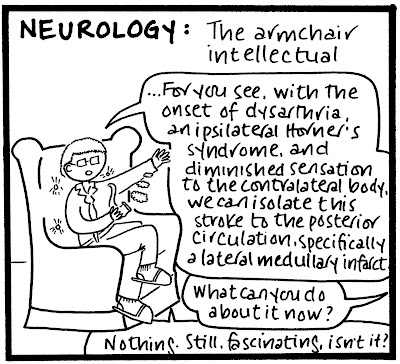- Joined
- Dec 6, 2008
- Messages
- 1,031
- Reaction score
- 556
So I did a search for this topic but kept on coming up with Pre-Allo threads.
Do any of you guys have any insights on what the proper channels are for setting up shadowing as a medical student? As a pre-med I often just tried to get shadowing experiences shotgun style - sending out a ton of emails and seeing who bit. However, I feel like as a med student I should take a different approach. Should I try to go through someone in the med school or through someone in the department I'm interested in (administrative assistant or the head of the department)? Or should I just email the people who I'm interested in shadowing directly?
My situation is that there is a particular field that I'm interested in and would like to get more exposure to early on. I want to shadow early because there are a couple of faculty members in the department that I would be interested in doing research with over the summer and I want to build those relationships and get my name in before my M1 class as a whole starts looking for summer research positions (my school does a workshop for us on getting summer research gigs in early November). Advice appreciated!
Do any of you guys have any insights on what the proper channels are for setting up shadowing as a medical student? As a pre-med I often just tried to get shadowing experiences shotgun style - sending out a ton of emails and seeing who bit. However, I feel like as a med student I should take a different approach. Should I try to go through someone in the med school or through someone in the department I'm interested in (administrative assistant or the head of the department)? Or should I just email the people who I'm interested in shadowing directly?
My situation is that there is a particular field that I'm interested in and would like to get more exposure to early on. I want to shadow early because there are a couple of faculty members in the department that I would be interested in doing research with over the summer and I want to build those relationships and get my name in before my M1 class as a whole starts looking for summer research positions (my school does a workshop for us on getting summer research gigs in early November). Advice appreciated!


